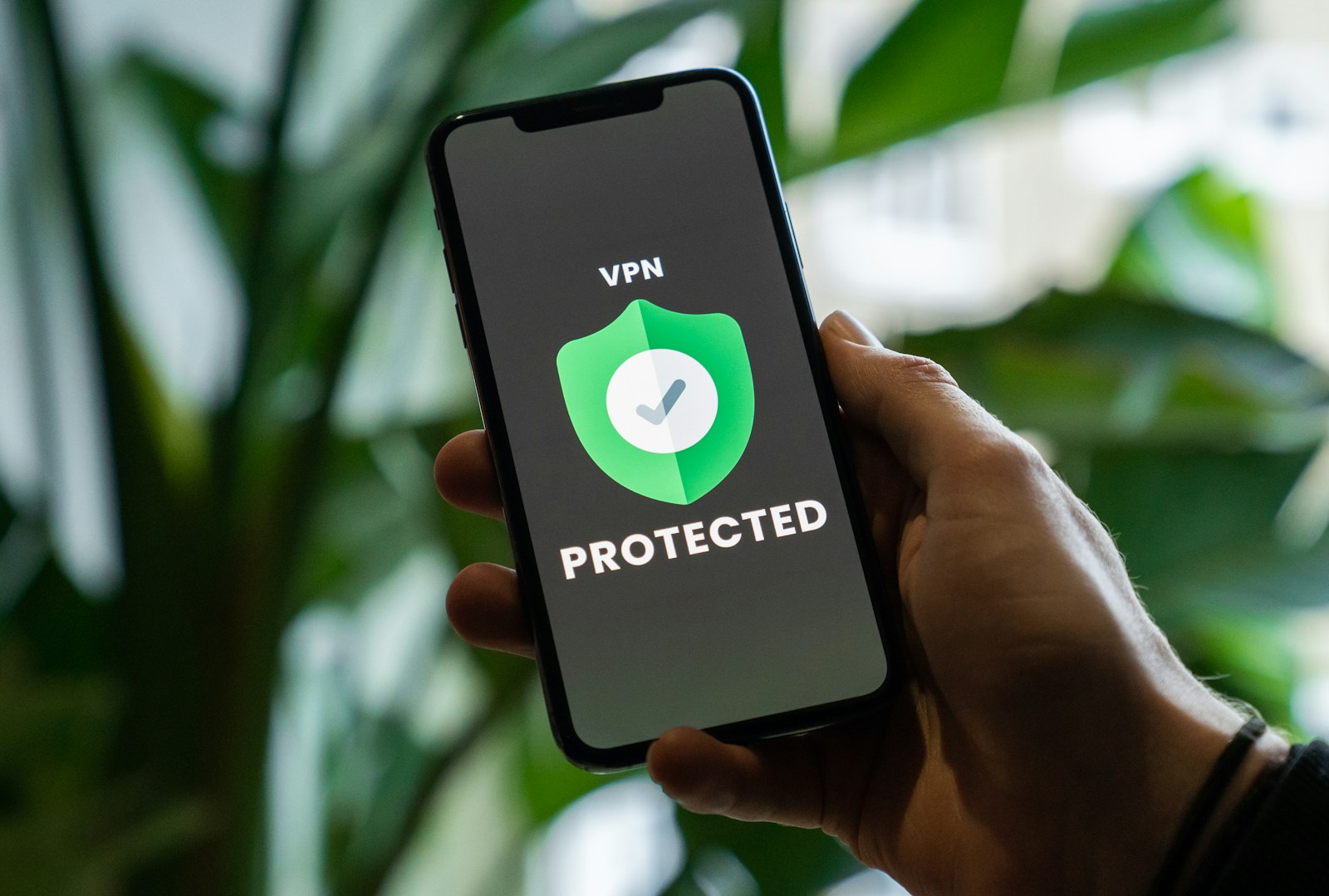The concept of private, secure communication has been a fundamental human need since ancient times. From the sealed messages of Roman emperors to the encrypted communications of World War II, humanity has consistently sought ways to protect sensitive information from unauthorized access. The historical development of privacy rights and protections forms the foundation for modern digital privacy tools, including Virtual Private Networks (VPNs).
Virtual Private Networks emerged from this historical tradition of protected communication. Developed initially by Microsoft in 1996 for secure remote access to corporate networks, VPNs have evolved from a purely business tool into an essential privacy protection mechanism for everyday internet users. Organizations like the Electronic Frontier Foundation have consistently recognized VPNs as crucial tools for maintaining fundamental privacy rights in our connected world.
The Technical Foundation
At its core, a VPN creates an encrypted “tunnel” through which your internet traffic travels. This fundamental concept traces back to the development of encryption protocols in the 1970s, particularly through groundbreaking cryptography research at Stanford University and MIT. Modern VPNs build upon these principles, utilizing advanced encryption standards such as AES-256, which was first adopted by the U.S. National Security Agency in 2001.
Legal Framework and Privacy Rights
The legal basis for VPN usage stems from multiple sources, including the Fourth Amendment’s protection against unreasonable searches and the Electronic Communications Privacy Act of 1986. VPNs serve as a technical implementation of long-established legal rights to privacy and security in communications, bridging the gap between constitutional protections and modern technology.
Modern Applications and Significance
Today’s VPN applications extend far beyond their original corporate purposes:
- Personal Privacy Protection
- Shields browsing activity from Internet Service Providers
- Prevents tracking by websites and advertisers
- Protects sensitive information on public Wi-Fi networks
- Geographic Freedom
- Enables access to region-restricted content
- Bypasses artificial digital barriers
- Maintains communication in restricted environments
- Data Security
- Encrypts personal information during transmission
- Prevents man-in-the-middle attacks
- Protects against network surveillance
The United Nations Human Rights Council has recognized internet access and privacy as fundamental human rights in the digital age. VPNs serve as practical tools for implementing these rights.
Technical Implementation
Modern VPNs utilize several key technologies:
- Encryption Protocols (OpenVPN, WireGuard)
- Authentication Methods
- IP Address Masking
- DNS Leak Protection
These elements work in concert to provide a comprehensive privacy and security solution for internet communications, as defined by international technical standards.
Contemporary Challenges
While VPNs provide substantial privacy benefits, they are not without limitations. Users must carefully consider:
- VPN provider trustworthiness
- Data retention policies
- Jurisdiction and legal requirements
- Technical capabilities and limitations
Summary
Virtual Private Networks represent a modern implementation of ancient privacy principles, combining historical rights with contemporary technology. As we continue to navigate the complex landscape of digital privacy, VPNs serve as essential tools for protecting individual privacy rights, much as sealed messages and private corridors did in earlier eras. Understanding and utilizing VPN technology allows everyday users to maintain their fundamental right to privacy in an increasingly connected world.
The evolution of VPN technology demonstrates how technological solutions can preserve traditional privacy rights in the digital age. As we move forward, VPNs will likely continue to adapt and evolve, maintaining their crucial role in protecting individual privacy and security online.

